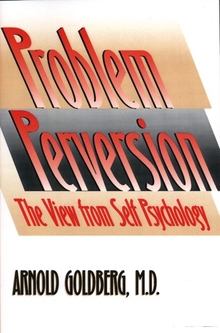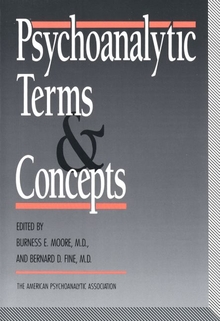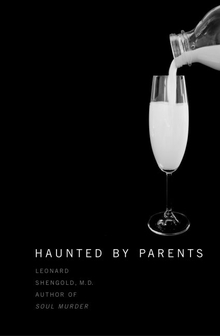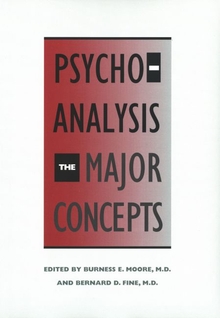The Problem of Perversion
WARNING
You are viewing an older version of the Yalebooks website. Please visit out new website with more updated information and a better user experience: https://www.yalebooks.com
The View from Self Psychology
Arnold Goldberg
Dr. Goldberg expands the definition of perversion, claiming that it is based on three essential components: sexualization (as distinct from sexuality); vertical splitting (where perverse action resides in the split-off part of the self and the other sector of the self, which knows right from wrong, is temporarily stilled); and psychological family dynamics. Dr. Goldberg explains each of these three dimensions and provides a number of illustrations. He also discusses the possibility of interpreting homosexuality as a compensatory structure, the relation of hostility to perversion, types of perverse behavior that are readily treatable, and the reasonable goals of such treatment.
"A work that goes well beyond dealing systematically with the theory and treatment of difficult-to-treat patients suffering from narcissistic behavior disorders. It is also a significant contribution to the fundamentals of self psychology by a creative, productive, and disciplined thinker."—Paul H. Ornstein, M.D.
"In this exciting and uncommonly lucid volume, Goldberg presents his view from self psychology in a tone of open engagement with other leading analytic thinkers of past and present. As a result, the reader feels more a participant in an exciting debate than an observer in a dusty lecture hall. Those who have turned away from early self psychology will be rewarded by this incisive application of the best of self psychological thought used to enrich prior psychoanalytic understanding."—Warren S. Poland, M.D.
"This is a precise, clear, and relatively brief book . . . [that] compels us to think and should be read by all who are interested in current developments in psychoanalysis."—Janine Chasseguet-Smirgel, Journal of Psychoanalytic Association
"An extremely comprehensive and useful model for understanding and treating individuals with perversions. It is scholarly, interesting to read and provides many good clinical examples."—Cheryl Glickauf-Hughes, American Journal of Psychotherapy
"This clinically useful book, so conducive to creative thought, is certainly essential reading for anyone who wants more than a general introduction to the self psychology paradigm."—Ronald R. Lee, Australian Journal of Psychotherapy
"It is a pleasure to recommend this volume to serious students of psychoanalysis and the psychology of the self."—Markk J. Gehrie, PhD, Bulletin of the Institute for Psychology
"Psychoanalysis has had difficulty in framing explanations for perversion, in laying out convincing, coherent stories. . . . Goldberg's formulations are powerful, enlightening, and compelling."—Jerome B. Katz, Bulletin of the Menninger Clinic
"Clinicians puzzling over the mysterious set of behaviors termed in our field 'perversions' will be delighted and relieved to discover this newest book by Arnold Goldberg, M.D. In this volume, which is arguably the most innovative extension of Kohut's clinical theory published to date, Goldberg demonstrates that an understanding of the concept of a split, divided self can be expanded and deepened to facilitate a meliorative approach to these narcissistic behavior disorders, illustrating his thesis with clear examples from his practice. We predict that with the publication of this book, no one will be able to treat, or even to think about, perversions without accessing the author's powerful and persuasive formulations."—Morton Shane, M.D., and Estelle Shane, Ph.D., Co-Presidents, Institute of Contemporary Psychoanalysis
"[A] profound book. . . . There is much valuable clinical material in this book. . . . It will allow historians to compare the meanings of perversions and symptoms in a century of psychological writings and get a better sense of the subtle interplay between culture, the self, and psychological theory. . . . No one is a better guide than Arnold Goldberg."—Charles B. Strozier, Psychohistory Review
Publication Date: February 8, 1995








